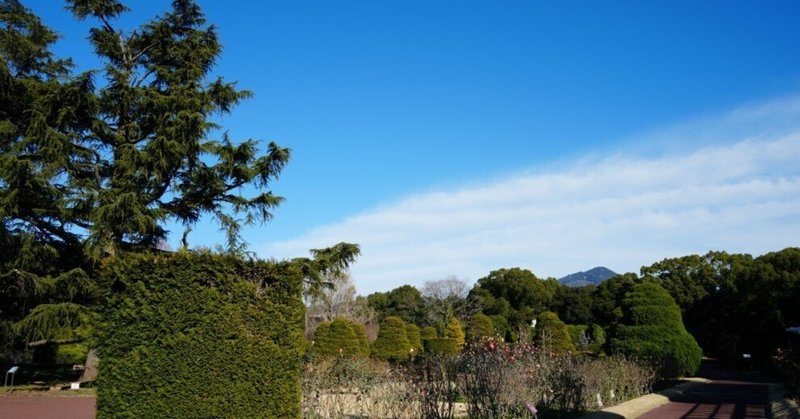
Before all newspapers become distorted like Asahi, we would like to make sure that Dentsu's newspaper bureau's arrogance is corrected and let Sankei run ads as well.
The following is from Masayuki Takayama's latest book, "Henkenjizai: Who Buried Shinzo Abe?
This book is the latest in a series of bound editions of his famous columns in weekly Shincho, but the original text has been polished to make it even easier to read.
He deserves the Nobel Prize for Literature for this one book alone.
It is a must-read not only for the Japanese people but for people worldwide.
Who decides the salaries of newspaper reporters?
The relationship between Sankei Shimbun, Asahi Shimbun, and Maoist China resembles Rock-Paper Scissors.
Asahi can't stand China.
It has been flattering and dutifully obsequious, like a pet dog.
Correspondent Akioka Ieshige wrote about the Cultural Revolution, in which 20 million people died as if it were a perfect thing.
When Lin Biao, the number two man, died in a plane crash while fleeing the country, Akioka said, "He is still alive," and kept him alive for more than a year, following Mao's wishes.
Why did he continue to write such misinformation?
The reason stems from Tomoo Hirooka, the president of Asahi, who ordered him not to write anything unfavorable to China.
Since then, this phrase has become Asahi's company policy.
For example, the testimony of former Ehime Governor Moriyuki Kato in the Kake scandal completely contradicted the allegations made by Asahi.
Asahi did not write a single line about it because it was inconvenient.
China appreciated Asahi's efforts and offered Akioka the post of People's Daily's representative in Japan.
Other Asahi correspondents were also given women in the country depending on their work.
They were given posts as editors-in-chief of the Japanese edition of the government magazine "People's China.
The Sankei Shimbun did not flirt with China.
Correspondent Minoru Shibata read and reported the madness of the Cultural Revolution from the wall newspaper.
Beijing was so angry that it expelled Shibata and closed its bureau.
But that, in turn, angered Sankei.
Sankei steadily uncovered China's secrets through various channels, including through Taiwan.
China relented and asked Sankei to open a Beijing bureau again.
It was in 1998.
China thought that this would make Sankei take into consideration a little, but Sankei reported that the Chinese people's minds and the flow of the Yangtze River were even more polluted.
Yang Jiechi, who was so angry, stopped issuing visas to Sankei correspondents and is now doing a mere makeshift, forcing the Sankei to close its bureau.
China can beat Asahi, but not Sankei.
As for Sankei and Asahi, Sankei has exposed Asahi's fabricated reports on the front page and has taken several heads of presidents, but Sankei's circulation and salary are by far the lowest.
Sankei's reporters are being pulled out of the company in droves, and Sankei is becoming weaker and weaker.
Asahi is at Paper, and Sankei is at Rock.
In fact, Dentsu is the one who is helping Asahi in this game.
Dentsu is not just an advertising agency.
It has a Newspaper Bureau, which is in charge of all advertisements placed in newspapers.
For the same advertisement, Asahi has five columns, Yomiuri has half that, and Sankei has half that of Yomiuri.
It is as if Dentsu decides the salaries of each company's reporters, so even Asahi, the worst newspaper in the world, will always stay in business.
For example, when Japan invited the World Cup soccer tournament to Japan.
Dentsu, who was in charge of it, said, "What do you think about co-hosting it with Japan and South Korea?"
It is said that Haruyuki Takahashi and Chung Mong-joon were in charge of this project, but no one wanted to co-host with such a country.
As a result, the Asahi published an editorial saying, "Long live Japan-Korea co-sponsoring,'' while also telling lies about the comfort women and saying, "Co-sponsoring would be a good atonement.''
Asahi does so much because it routinely asks Dentsu to add something extra to its advertising.
They cannot sleep with their feet turned to Dentsu.
Although the World Cup became a co-host, the burden was still too much for South Korea.
They bribed the referees, acquitted Martini of kicking him in the head in the match against Italy, and had Totti red-carded, creating a nightmare World Cup that Korea went on to win.
In his column the other day, Tetsuya Hakoda wrote: "Twenty years ago today, the morning edition of the Asahi Shimbun (Tokyo head office) carried this on its front page: 'Korea didn't reach the final.
The article was not a sneer, saying Korea could not have won the tournament even if they had cheated.
He called Korea's fourth-place finish "a great accomplishment" and said, "After that, Korea was confident that they could do it if they tried."
In reality, however, the crime of taking advantage of the White nation was discovered after that.
He clearly misunderstood the phrase, "If you do it, you can do it.
When Dentsu said so, the newspapers obeyed, whether they wanted to or not, and newspapers like Asahi are still wagging their tails 20 years later.
Haruyuki Takahashi, who was at the center of the fuss, has now fallen into the hands of the judges, and the Tokyo Olympics has come under scrutiny.
Once there was an uproar, Takeda-no-miya was blamed for it, but some people were suspicious of Dentsu.
No wonder the newspaper bureaus silenced them.
Before all newspapers become distorted like Asahi, we would like to make sure that Dentsu's newspaper bureau's arrogance is corrected and let Sankei run ads as well.
(September 1, 2022 issue)

この記事が気に入ったらサポートをしてみませんか?
